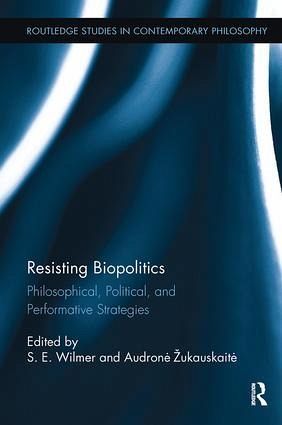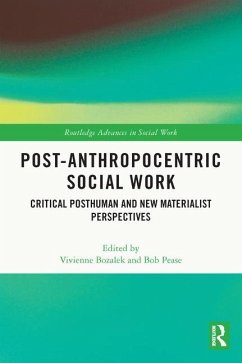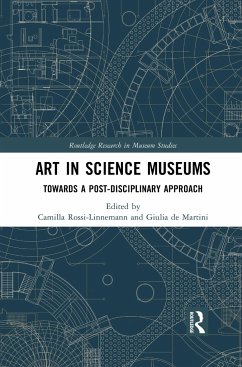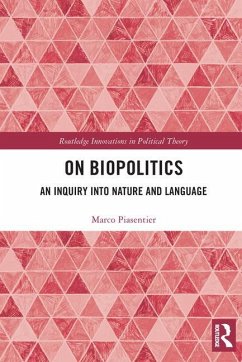
Resisting Biopolitics
Philosophical, Political, and Performative Strategies
Herausgegeben: Wilmer, S. E.; Zukauskait_, Audron_
Versandkostenfrei!
Versandfertig in 6-10 Tagen
54,99 €
inkl. MwSt.

PAYBACK Punkte
27 °P sammeln!
The topic of biopolitics is a timely one, and it has become increasingly important for scholars to reconsider how life is objectified, mobilized, and otherwise bound up in politics. This cutting-edge volume discusses the philosophical, social, and political notions of biopolitics, as well as the ways in which biopower affects all aspects of our lives, including the relationships between the human and nonhuman, the concept of political subjectivity, and the connection between art, science, philosophy, and politics. In addition to tracing the evolving philosophical discourse around biopolitics, ...
The topic of biopolitics is a timely one, and it has become increasingly important for scholars to reconsider how life is objectified, mobilized, and otherwise bound up in politics. This cutting-edge volume discusses the philosophical, social, and political notions of biopolitics, as well as the ways in which biopower affects all aspects of our lives, including the relationships between the human and nonhuman, the concept of political subjectivity, and the connection between art, science, philosophy, and politics. In addition to tracing the evolving philosophical discourse around biopolitics, this collection researches and explores certain modes of resistance against biopolitical control. Written by leading experts in the field, the book's chapters investigate resistance across a wide range of areas: politics and biophilosophy, technology and vitalism, creativity and bioethics, and performance. Resisting Biopolitics is an important intervention in contemporary biopolitical theory, looking towards the future of this interdisciplinary field.














